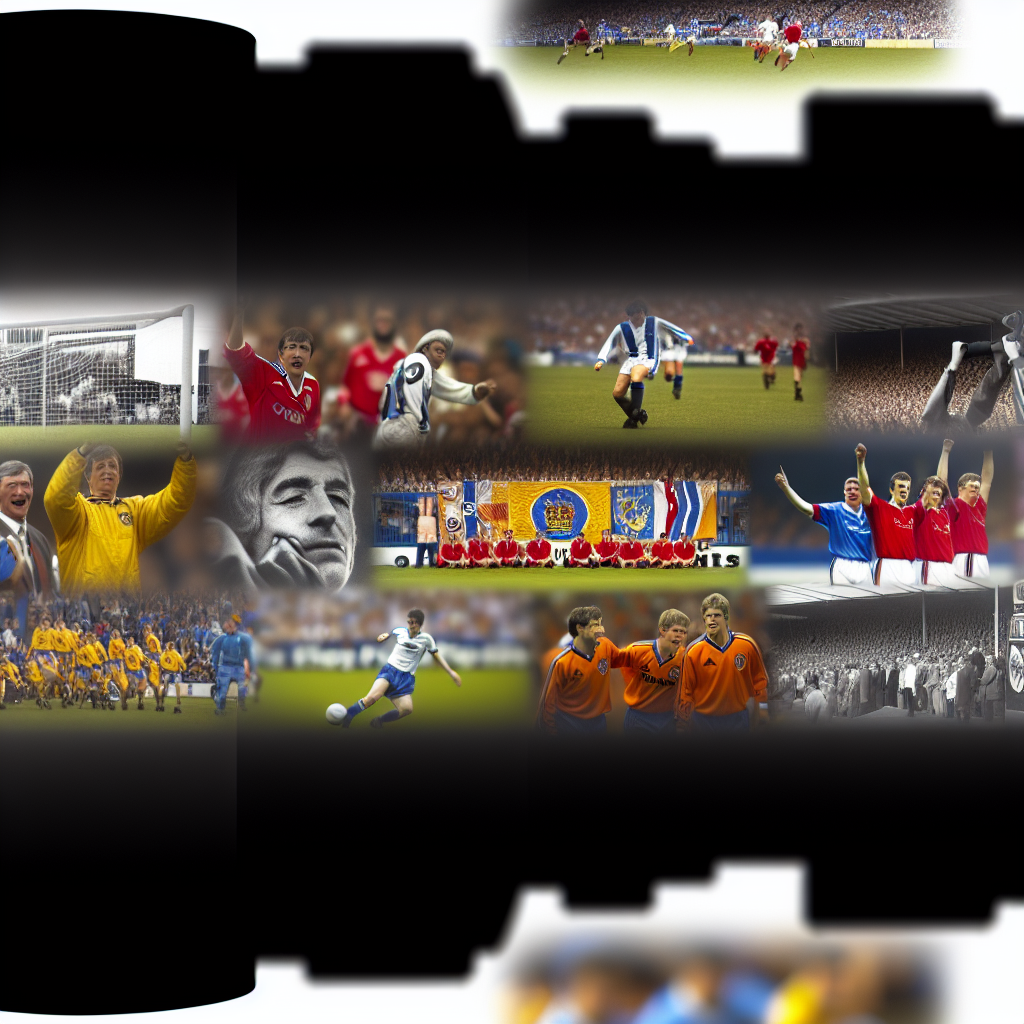
FC Barcelona, often simply known as Barça, stands as one of the most iconic football clubs in the world. Founded in 1899, this Catalan powerhouse embodies more than just sport—it’s a symbol of cultural identity with its motto “Més que un club” (More than a club). In this article, we’ll delve into its rich history, remarkable achievements, and enduring global influence, exploring what makes FC Barcelona a perennial force in football.
The Founding and Early Years
FC Barcelona’s story begins in late 1899 when Swiss entrepreneur Hans Gamper, also known as Joan Gamper, placed an advertisement in a local sports newspaper seeking enthusiasts to form a football team. This initiative led to the club’s official founding on November 29, 1899, with a diverse group of Swiss, Catalan, German, and English players. Gamper’s vision was to create a club that transcended borders, reflecting Barcelona’s cosmopolitan spirit.
In its early years, Barça quickly established itself in Spanish football. The club played its first match on Christmas Eve 1899 against Team Rojo, a group of English expatriates, resulting in a 2-1 victory. By 1902, they won their first trophy, the Copa Macaya, which laid the foundation for future successes. However, the club faced financial hardships and political turmoil, including the Spanish Civil War, which tested its resilience.
What sets FC Barcelona apart from the outset is its deep ties to Catalan identity. During times of oppression under Spanish dictatorships, the club became a subtle outlet for Catalan nationalism. Gamper himself served as president multiple times, steering the club through crises and promoting values of inclusivity and community ownership—a model that persists today, with supporters owning and operating the club unlike many profit-driven entities.
Achievements and Legendary Rivalries
Building on its foundational years, FC Barcelona has amassed an unparalleled trophy cabinet, transitioning from local dominance to global supremacy. Domestically, the club holds records with 28 La Liga titles, 32 Copa del Rey wins, and numerous Supercopas. Internationally, Barça’s haul includes five UEFA Champions League triumphs, four UEFA Cup Winners’ Cups, and three FIFA Club World Cups, making it one of the most decorated clubs in history.
Iconic eras define these achievements, such as the “Dream Team” under Johan Cruyff in the 1990s, which introduced the tiki-taka style of play that revolutionized football. This philosophy reached its zenith under Pep Guardiola from 2008 to 2012, when Barça achieved the historic sextuple in 2009—winning six major trophies in a single year, a feat unmatched in Europe.
No discussion of Barça’s achievements is complete without mentioning its fierce rivalries, particularly El Clásico against Real Madrid. These matches are more than games; they represent cultural and political divides between Catalonia and central Spain. Legends like Lionel Messi, who won a record 12 Ballon d’Or awards while at the club, have elevated these encounters to global spectacles, drawing millions of viewers and underscoring Barça’s role in shaping modern football narratives.
Modern Era and Global Influence
As FC Barcelona evolves in the contemporary landscape, it continues to build on its storied past by nurturing talent through La Masia, its renowned youth academy. This system has produced stars like Messi, Xavi, and Iniesta, who in 2010 dominated the Ballon d’Or podium—an unprecedented achievement for academy graduates. Today, under managers like Xavi Hernández, a former player, the club focuses on blending youth with experience to reclaim dominance in La Liga and Europe.
Globally, Barça’s influence extends beyond the pitch. With a valuation of $5.6 billion and over 250 million social media followers, it’s a marketing juggernaut. Initiatives like the Barça Foundation promote social causes, from refugee aid to education, aligning with its “More than a club” ethos. However, challenges such as financial debts and the post-Messi era test its adaptability, yet the club’s fan-owned structure ensures a resilient, community-driven future.
Key Current Players:
- Robert Lewandowski – The prolific striker leading the attack.
- Pedri – A young midfielder embodying the next generation of tiki-taka.
- Marc-André ter Stegen – The reliable goalkeeper anchoring the defense.
In conclusion, FC Barcelona’s journey from a humble founding in 1899 to a global football icon encapsulates resilience, innovation, and cultural significance. Through historic achievements, legendary rivalries, and a commitment to youth development, Barça has redefined excellence in the sport. As it navigates modern challenges, the club’s enduring motto reminds us it’s more than wins—it’s a beacon of identity and community. For fans and newcomers alike, Barça offers timeless inspiration in the beautiful game.